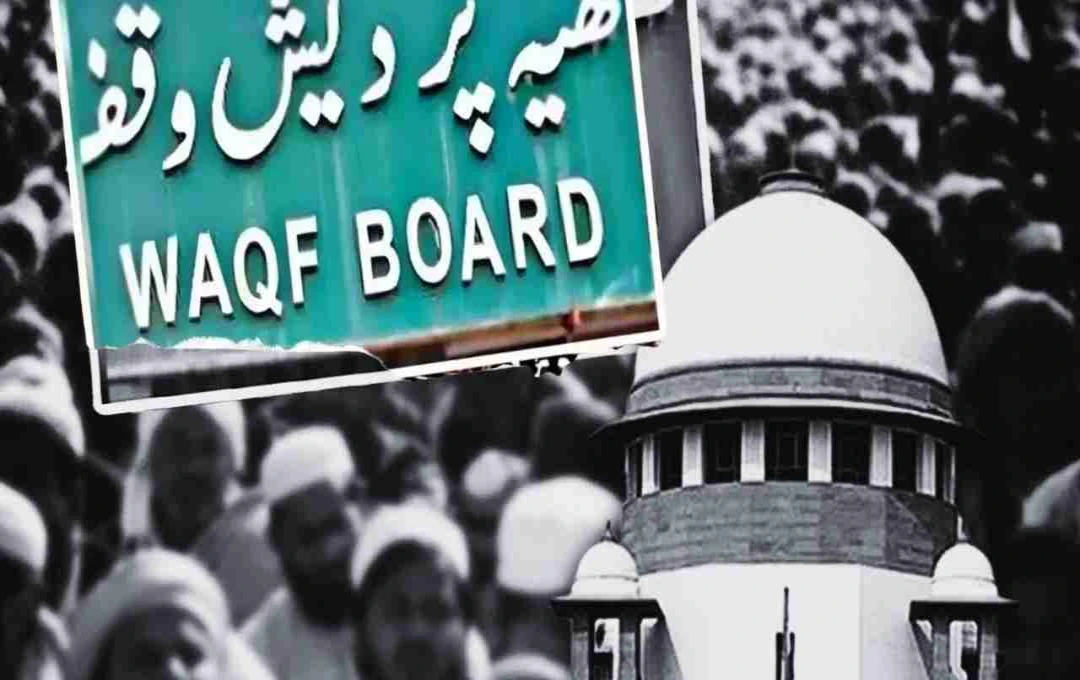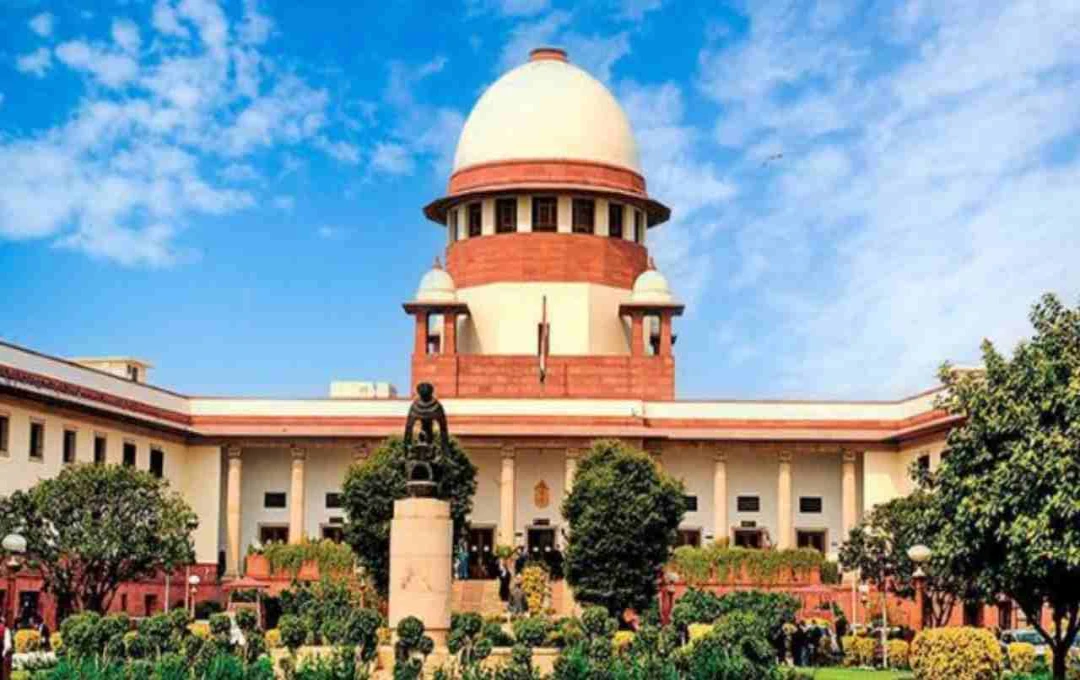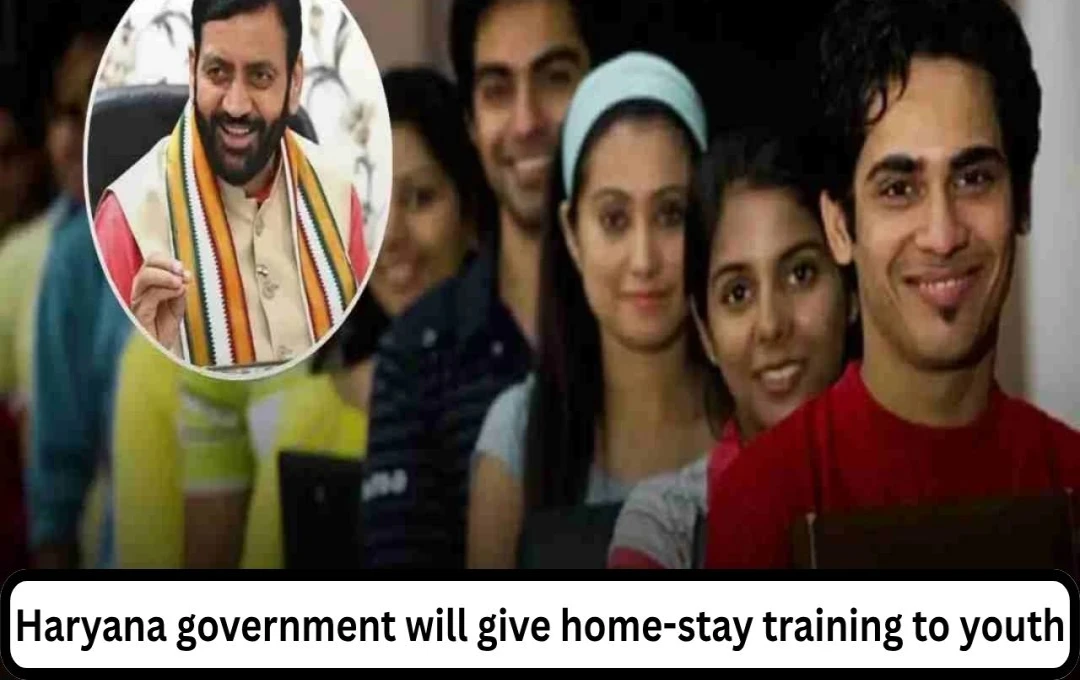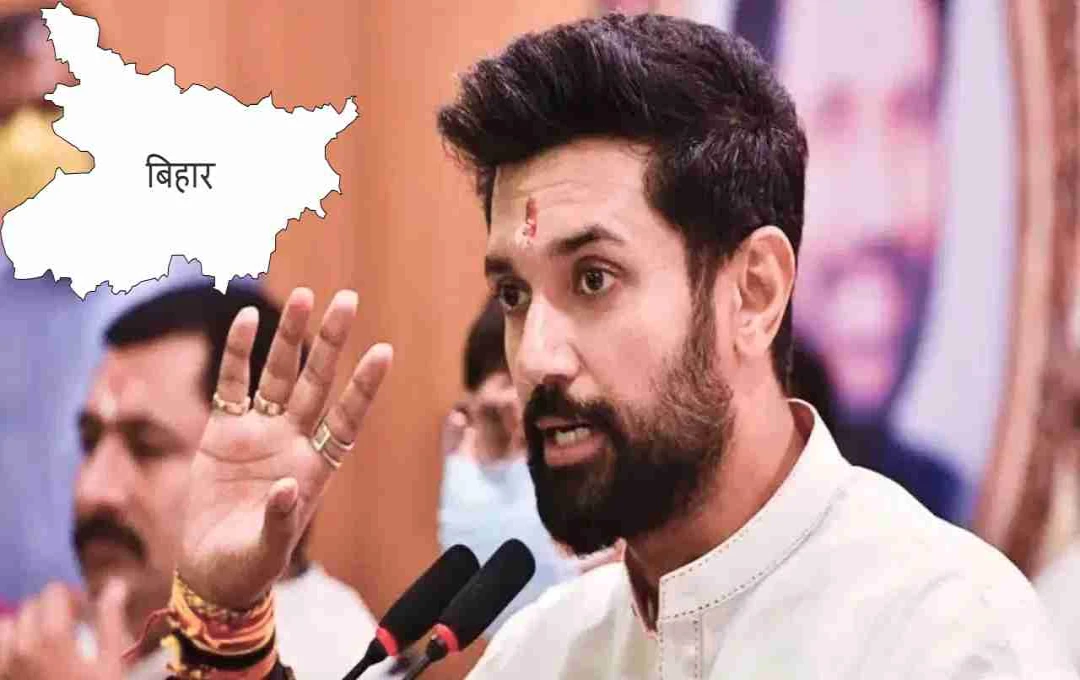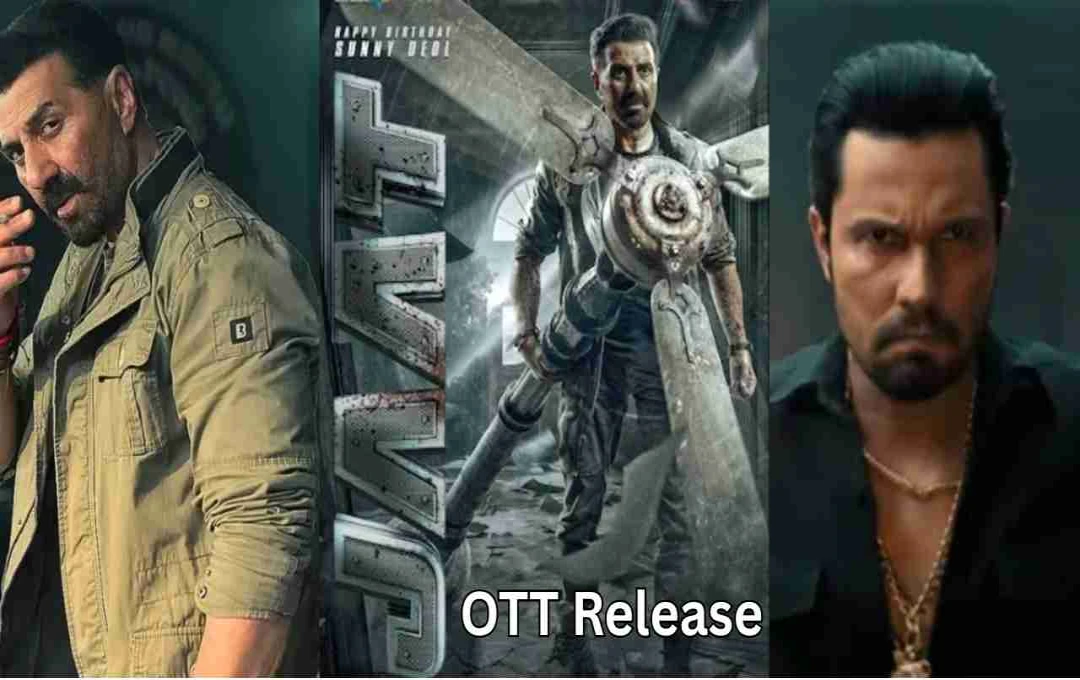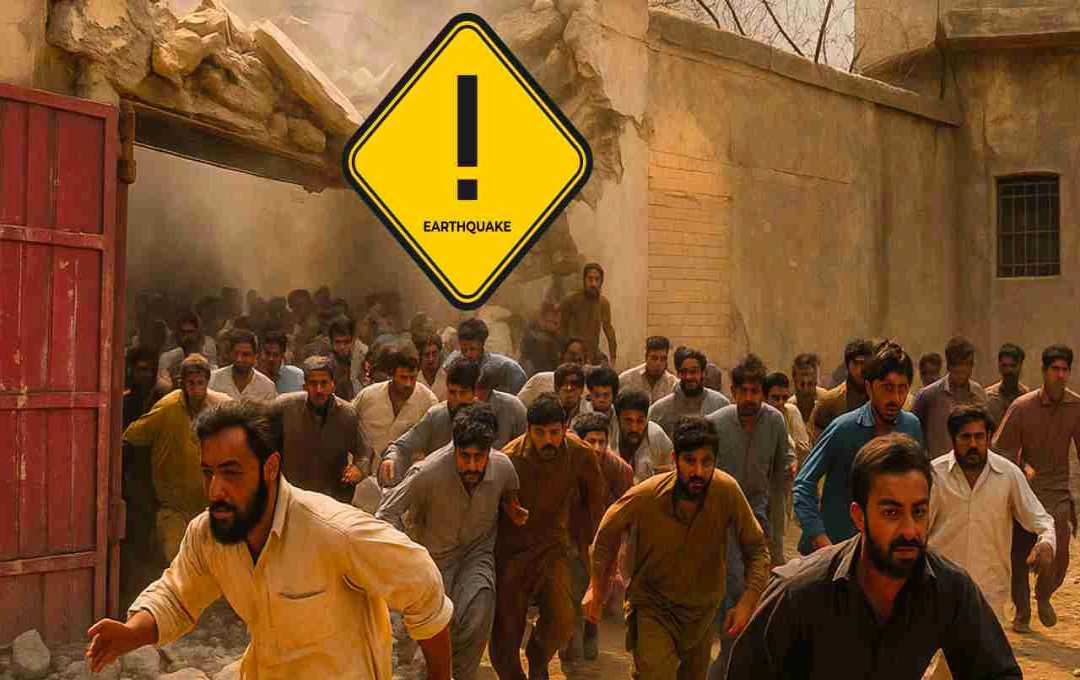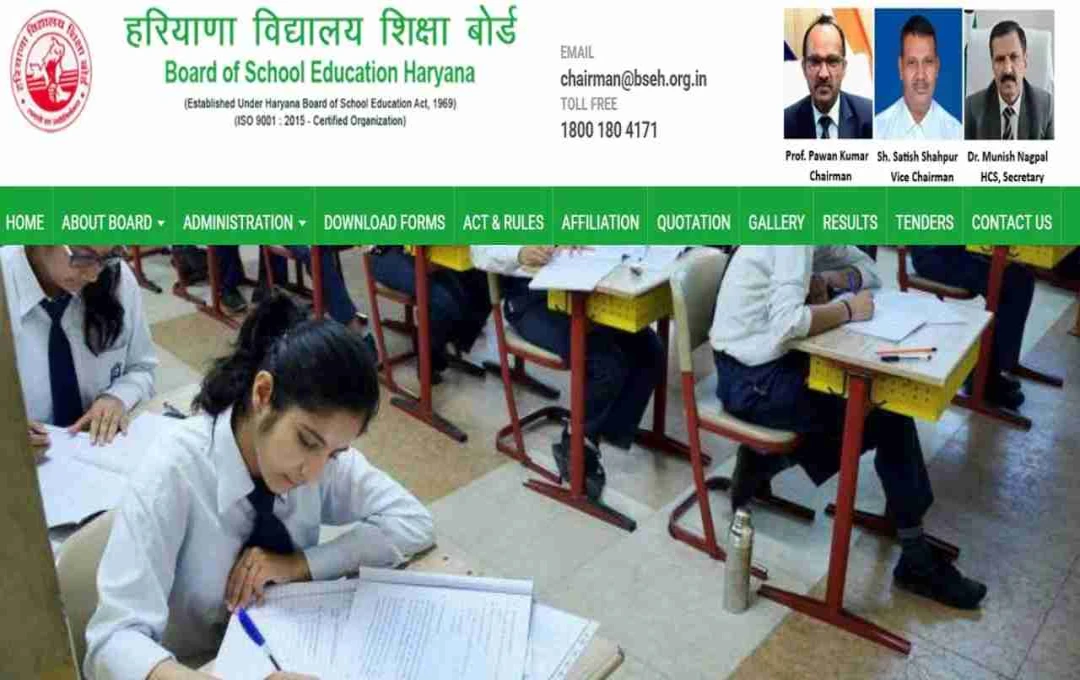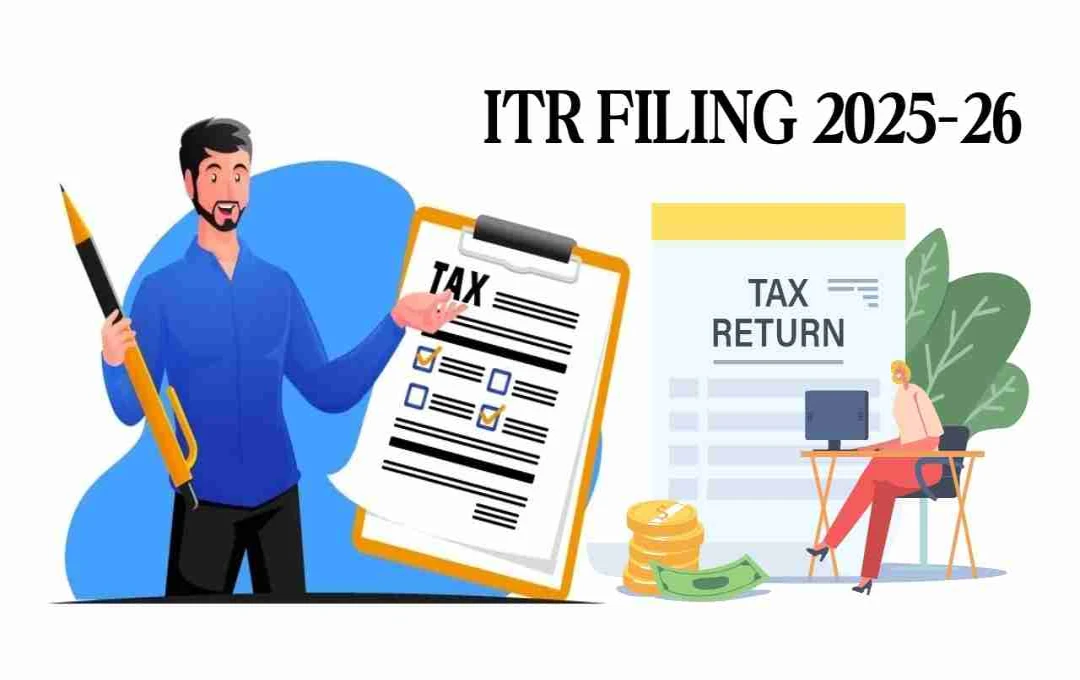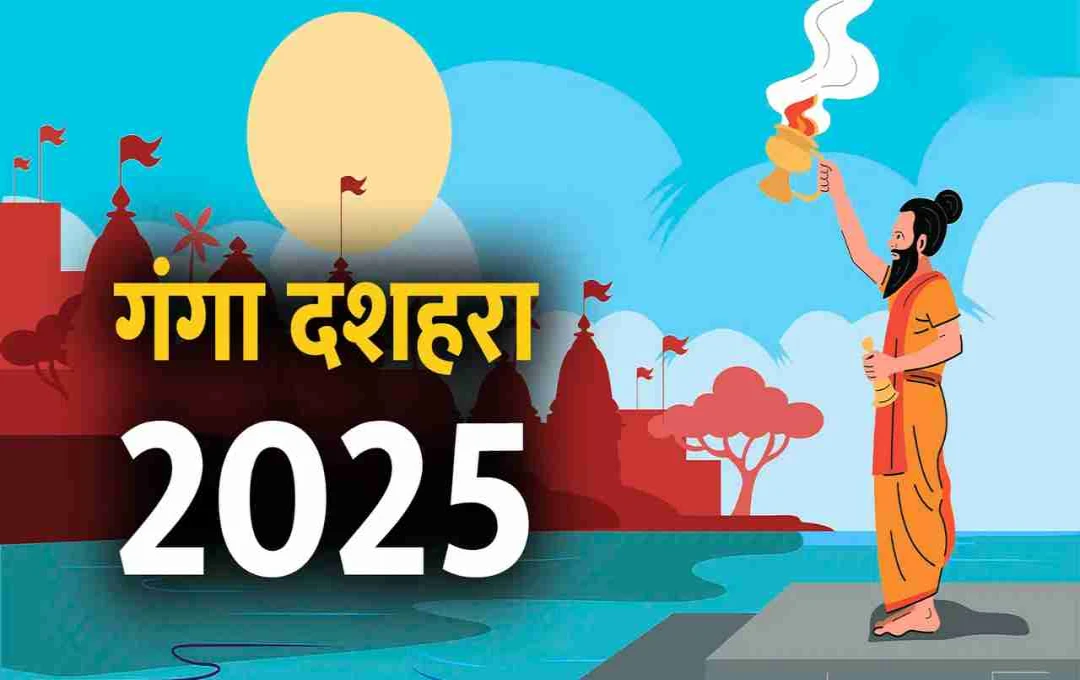During a Supreme Court hearing on the Waqf Act, the central government stated that opinions were sought from 9.7 million people before the amendment. The petitioners do not represent the entire Muslim community.
New Delhi: The Supreme Court held its second day of hearings on Wednesday regarding the Waqf Amendment Act. During the hearing, Solicitor General (SG) Tushar Mehta, representing the central government, bly defended the government's position, asserting that the law was not enacted hastily but was preceded by extensive consultations.
Main Arguments Presented by the Government
Tushar Mehta informed the Supreme Court that approximately 9.7 million people were consulted before the amendments to the Waqf Act were made. Furthermore, discussions were held with 25 Waqf Boards across the country, and consultations were also undertaken with state governments.
He argued that the petitioners cannot claim to represent the entire Muslim community. Therefore, this petition reflects the opinions of only a few individuals, not the entire community.
Transparent and Multi-Stakeholder Process
The government maintains that the amendment to the Waqf Act is not the result of a unilateral decision. It involved discussions and deliberations at multiple levels. The government stated that the Joint Parliamentary Committee (JPC) also engaged in in-depth discussions on this law. Each clause was thoroughly examined, and necessary suggestions were incorporated.
Questioning the Petitioners' Claims
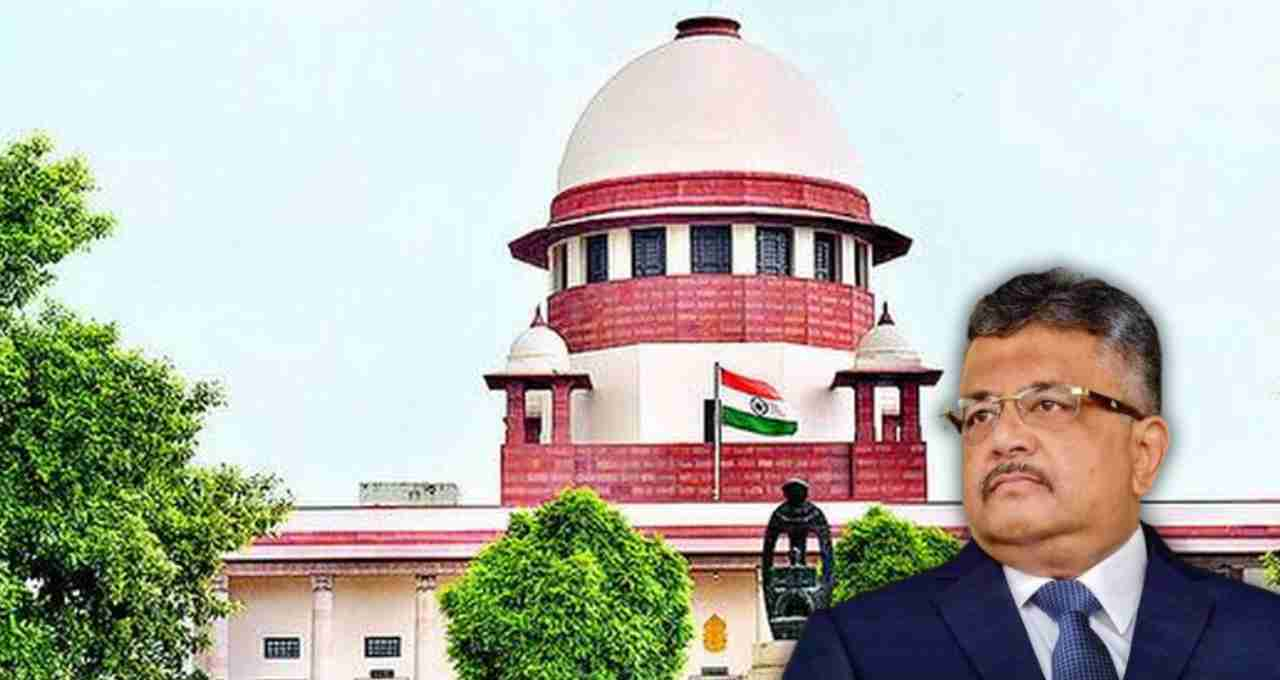
During the hearing, Justice B.R. Gavai questioned whether the government could independently validate its own claims. The Solicitor General acknowledged that it would not be appropriate for the government to unilaterally determine who is correct. He also clarified that the initial amendment bill designated the Collector as the decision-making authority, but this was changed based on the JPC's recommendation.
The provision now allows for the nomination of an officer other than the Collector to resolve such disputes.
Core Issue of the Dispute – Land Ownership
The government's primary argument was that to claim Waqf properties, it is essential to first determine the ownership of the land. SG Mehta stated that the government acts as a trustee on behalf of all citizens, and if a property is built on government land, the government should have the right to investigate it.
He emphasized that long-term use of Waqf property does not automatically imply ownership.
Objective of the Law – Balance and Transparency
Tushar Mehta stressed that the government's objective is not to harm any community but to bring clarity and transparency to property-related disputes. He explained that public participation was involved in every stage of the law, from drafting to passage.
Government Assures Responses to All Questions
The government assured the Supreme Court that it would provide a point-by-point response to each point raised by the petitioners. Tushar Mehta urged the court not to consider the petitions solely on the basis of dissent from some individuals, but to make a decision considering the entire process.
